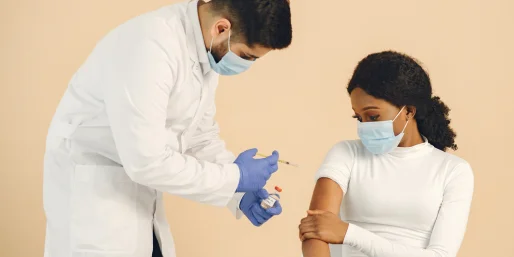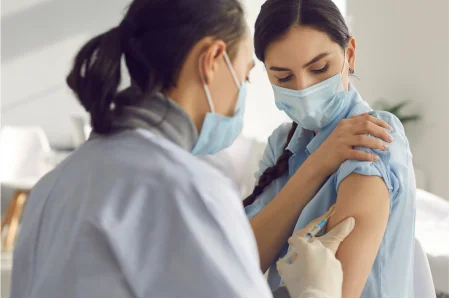Adult Vaccination

Adult vaccination is a crucial yet often overlooked component of preventive healthcare. While vaccines are usually associated with childhood, immunizations in adulthood are vital for safeguarding against infectious diseases that become riskier with age. Immunity can wane over time, and the immune system’s efficiency may decline, increasing vulnerability to serious illnesses. The Adult Vaccination Clinic in Mumbai plays a key role in addressing this need by offering vaccines for influenza, pneumonia, shingles, hepatitis, HPV, and pertussis. These vaccines help protect individuals from age-related infections, reduce hospitalizations, and contribute to community immunity. Despite its importance, adult vaccination rates remain lower than ideal due to factors like vaccine hesitancy, limited awareness, and healthcare access challenges. By prioritizing immunization, adults can support a healthier population, reduce healthcare burdens, and protect themselves and others.
What is Adult Vaccination?
Adult vaccination refers to the inoculation shots that ought to be given to adults against different infectious diseases. While vaccines are often associated with childhood, vaccines to adults play a very important role in preventing serious illnesses even in later stages of life. Adult vaccination provides certain immunity, likely damped in the life course, against age-specific diseases and certain infections likely to have gained dangerousness with age changes in the immune system. Adult vaccines include influenza, pneumonia, shingles, hepatitis, HPV, tetanus, diphtheria, and pertussis (whooping cough), among others.
How Does Adult Vaccination Work?

Adult vaccines, in particular, work by exposing the immune system to a harmless part or inactive form of a pathogen, allowing the body to recognize and respond to that disease in the future without causing infection. When exposed to the actual disease, the body’s immune response is activated and enables it to fight off the infection effectively or reduce its severity. Booster shots are usually necessary to maintain protection from vaccines for much longer. While adult vaccines consist only of single-dose vaccinations, others, like the flu shot, have to be repeated every year because the virus is different each year.
How Common is Adult Vaccination?
- Mild fever
- Soreness, redness, or swelling at the injection site
- Muscle aches or mild fatigue
- Mild headache
While vaccination is offered freely and very encouraged, adult vaccination lags far behind that for children. Adult vaccination coverage varies by vaccine, age, health, and region, according to the Centers for Disease Control and Prevention. Probably, the most commonly received vaccines are influenza shots, but the uptakes for shingles, hepatitis, and pneumococcal disease vaccinations are really low among adults. Various reasons are cited for this gap, including a lack of information or knowledge on vaccination, vaccine hesitancy, and limited access to healthcare in such populations. Boosting education on adult immunization benefits and giving full access to vaccines could be some of the crucial steps for better adult vaccination rates.
Symptoms and Effects
After injection, immunity usually takes a few days to build up in the immune system. Then there are mild symptomatology including:
Symptoms are typically self-limiting in nature, resolving within several days. Typically, all vaccines cause allergic reactions, but health care providers are always prepared to attend to this right away. Pre-vaccination consultations with a health care provider regarding allergy or other issues concerning a person’s immune system must be done before receiving vaccines.
Treatment After Vaccination
For most adults, no treatment is required after vaccination because the side effects are mild and temporary. If side effects are uncomfortable, over-the-counter medications like acetaminophen or ibuprofen can be used to treat manifestations such as soreness or low-grade fever. Usually however, rest and hydration are often considered the best treatments for temporally occurring side effects. Severe symptoms or lasting side effects must prompt urgent medical attention. For immunocompromised patients, the schedule needs to be somewhat adjusted, depending on the individual case and managed by a doctor.



